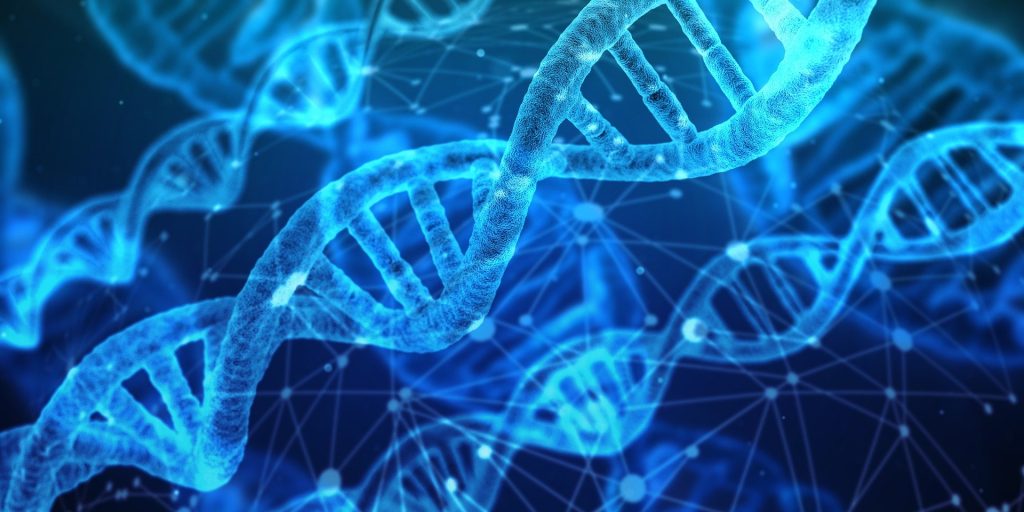
An important new clue for preventing and treating gliomas has been identified in research published in the journal Science, providing a rare window into the biological changes behind glioma development.
In animal models, a team of researchers from Mayo Clinic and Mount Sinai Hospital found that those with a change in DNA known as germline alteration rs55705857 developed gliomas much more frequently and twice as fast compared to animal models without the alteration. In addition to brain tumours, the findings are relevant to other cancers and diseases.
“While we understand much of the biologic function of germline alterations within genes that code for proteins, we know very little about the biologic function of germline alterations outside of genes that code for proteins. In some way, these germline alterations interact with other mutations in cells to accelerate tumour formation,” said co-lead author Robert Jenkins, MD, PhD. “Based on this new understanding of its mechanism of action, future research may lead to novel and specific therapies that target the rs55705857 alteration.”
The study offers new knowledge that may help clinicians determine, pre-surgery, whether a patient has a glioma.
“We expected that rs55705857 would accelerate low-grade glioma development, but we were surprised by the magnitude of that acceleration,” said co-lead author Daniel Schramek, PhD.
There are many alterations, likely thousands, outside of genes associated with the development of cancer and other diseases, but the mechanism of action is only understood for very few, Dr Schramek said.
This study demonstrates that, with the tools of modern molecular/cell biology, it is possible to decipher much of the mechanism of action of such alterations.
Source: Mayo Clinic


